End-of-2024 Review:
China’s Preparations for Challenges from the West†
Table of Contents
Estimated Reading Time
- 6 min

A review of China’s key developments in 2024 reveals that the “BRICS” and “technology” were two central themes behind this year’s headlines, as the country focuses on strengthening its ability to withstand growing challenges from the West.
How will these developments evolve in 2025? Where will they lead China? The answer is not yet clear. What is clear, however, is that certain of the remarkable successes China has achieved this past year, such as its exploration of the Moon, will likely embolden the nation to make choices in 2025 that will cause it to diverge further from the West.
“Policymakers in the West should ponder whether their actions are serving to push China away and towards adversaries of greater concern.”
Policymakers in the West should ponder whether their actions are serving to push China away and towards adversaries of greater concern. In our interconnected world, no country, let alone a populous one with a limited supply of food and other essential resources, can thrive—or survive—completely alone. A review of the most significant developments that took place in 2024 may reveal valuable perspectives that can guide us toward making wise decisions in 2025 and beyond.
BRICS & Its “Circle of Influence”
- January 2024
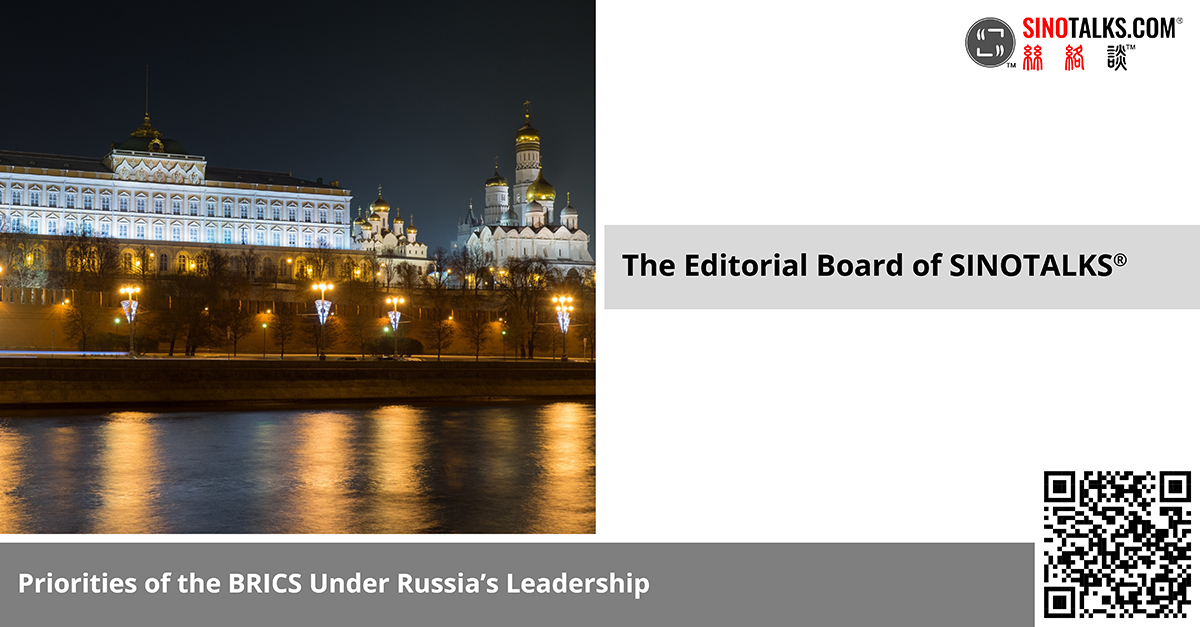
On January 1, 2024, Russia began its one-year BRICS presidency and quickly convened a meeting, at which “increasing the proportion of national currencies in mutual settlements” was identified as an important task for the BRICS. Russia’s interest in reducing the world’s reliance on the U.S. dollar is widely known. Will the country succeed in accomplishing this goal during its BRICS presidency? The answer, as explained in this issue of SinoExpress™, depends on whether Russia will be able to leverage the support of existing BRICS members to attract a large number of countries to join the organization.
- March 2024
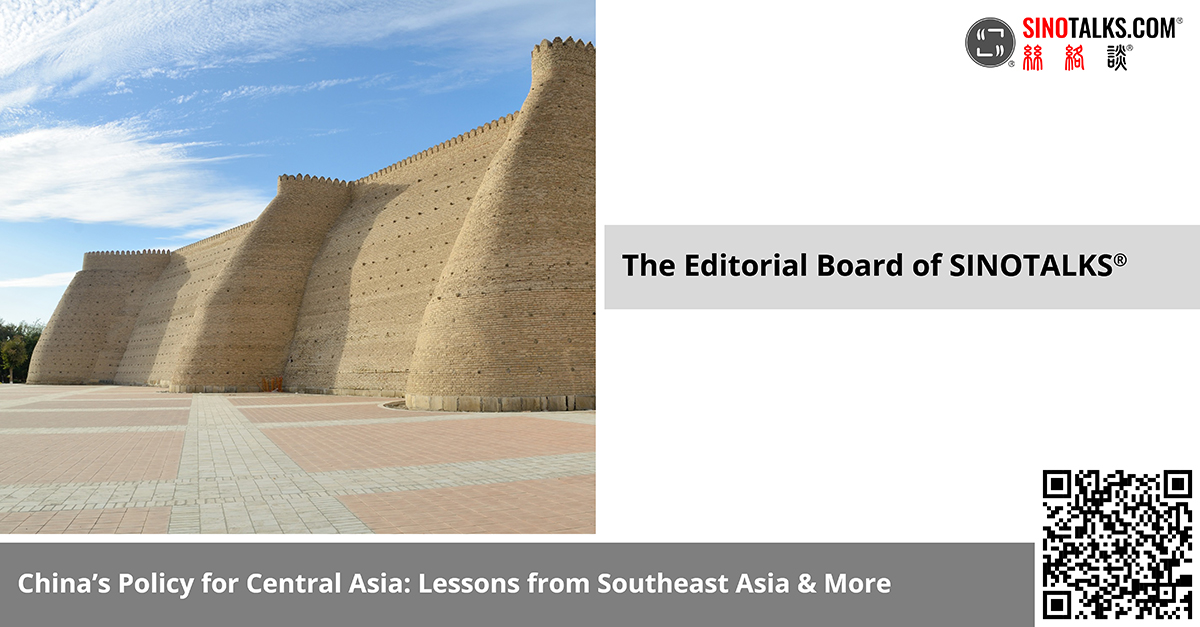
The establishment of the Secretariat for the China-Central Asia Mechanism in March 2024 represents a key step taken by China as well as Kazakhstan, Kyrgyzstan, Tajikistan, Turkmenistan, and Uzbekistan, to “comprehensively promote [their] cooperation”. China has expressed its wish to “bring more benefits to the people” of the five Central Asian nations. This wish is especially welcome amidst the world’s growing concerns that poverty and social marginalization might have contributed to the rise of terrorist activities in Central Asia. How can China turn this wish into reality? A recent survey showing Southeast Asians’ unprecedented level of support for China provides some useful lessons for reference.
- June 2024

In 2018, Dr. Mei Gechlik, Founder & CEO of SINOTALKS®, co-authored an article titled Propagation of a Case Culture in China and Potentially Beyond. Based on an analysis showing how 96 Guiding Cases, de facto binding cases released by China’s Supreme People’s Court available at the time, had been referenced in 1,281 subsequent cases decided by courts across the country, Dr. Gechlik and her co-authors drew this conclusion: “the preliminary success of [Guiding Cases] seems to have provided fertile ground for the propagation of a case culture in China and, given the country’s eagerness to increase its presence around the world, this culture may have a chance to be propagated elsewhere.” Just such an opportunity arose in June 2024, when China did indeed propagate its culture of applying case-based legal reasoning to the BRICS.
- October 2024
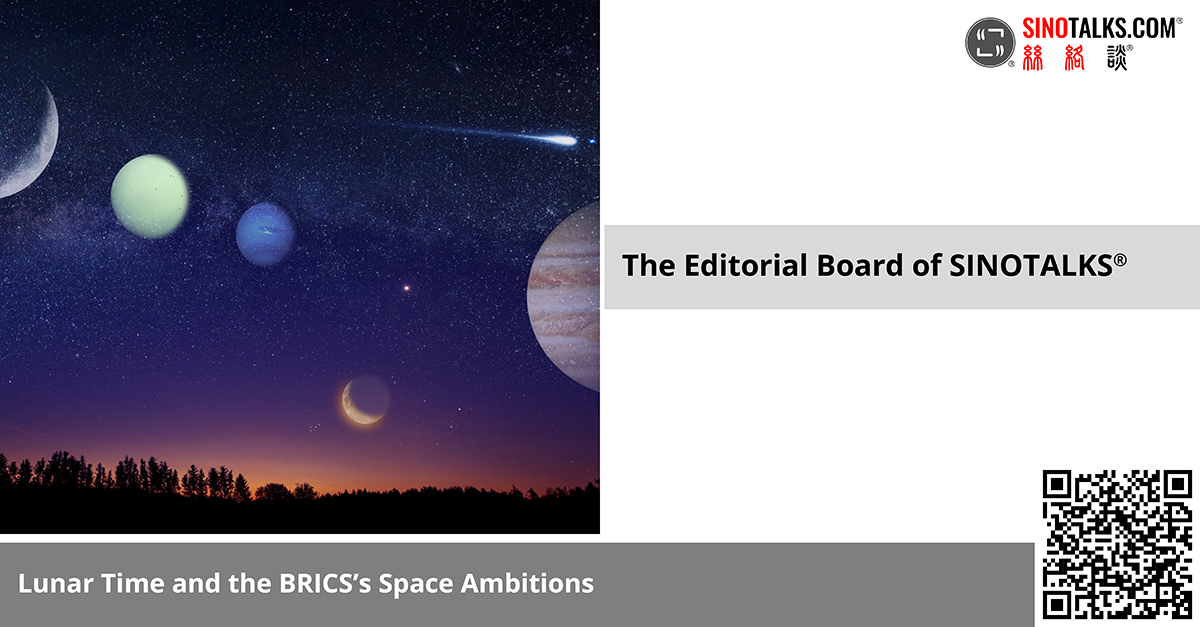
The U.S.-China race to set a standard lunar time has captured global attention. Standardizing lunar time is, however, only the first step. The real race lies in whether any time set by the United States or China can be applied effectively to space operations from which other countries can benefit. If other countries see results, this will ensure their sustained endorsement of the lunar time used in the operations benefiting them. Only with such solid support will the endorsed lunar time become the prevailing standard. China recently rolled out a three-stage plan to apply its timing system to a series of lunar operations. With its space ambitions, the expanding BRICS may be able to help China bring its three-stage plan to fruition and share the fruits of such success. When this happens, China’s lunar time has a good chance to prevail.
Technology and China’s “New Quality Productive Forces”
- May 2024
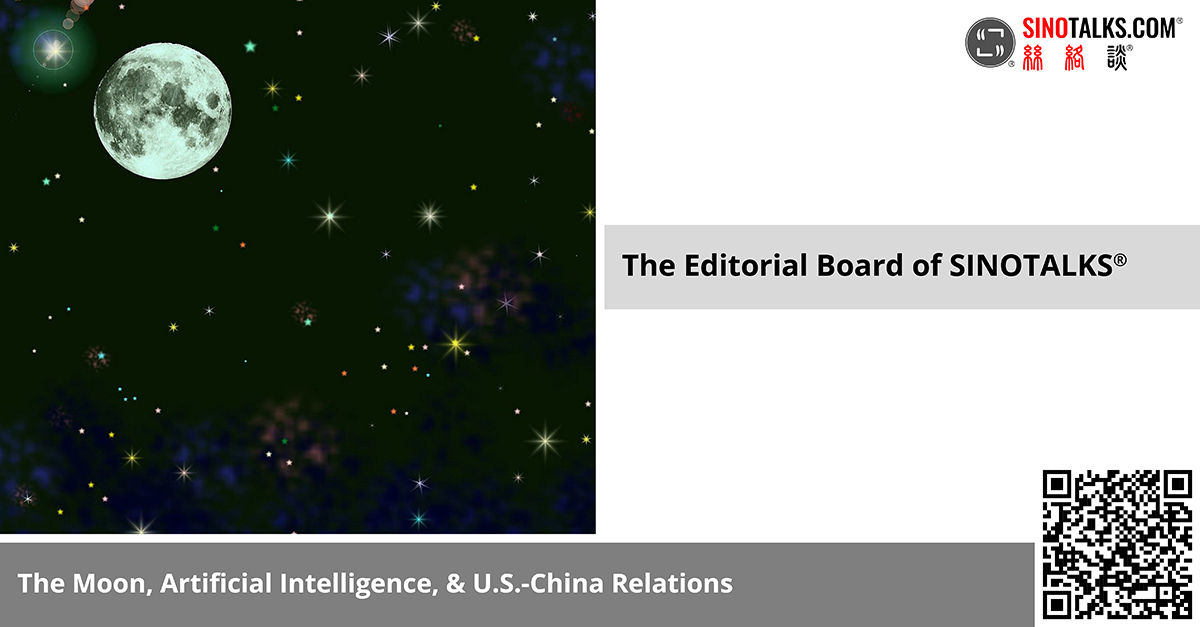
China’s mission to collect rocks and soil from the far side of the Moon marks another milestone in the country’s space exploration despite its exclusion from U.S. space projects. This accomplishment should make U.S. policymakers ponder whether adopting a similar exclusionary approach will help or hurt the United States’s efforts to secure the lead in the U.S.-China AI race. More importantly, the potential catastrophic consequences of AI manipulation demand a better approach that focuses on generating benefits at a global level, rather than devolving into a simple win-lose race between two international powers.
- August 2024

Coined by President XI Jinping in 2023, the term “new quality productive forces” is of great significance because related reforms, with reference to various types of investment, have been identified by the Chinese leadership. Key talks given in 1992 by the late reformist leader DENG Xiaoping and select court cases recently released by China help illuminate the meaning of the term. Actions taken by the courts in these cases to support the development of “new quality productive forces” allow investors to better assess related opportunities.
- November 2024
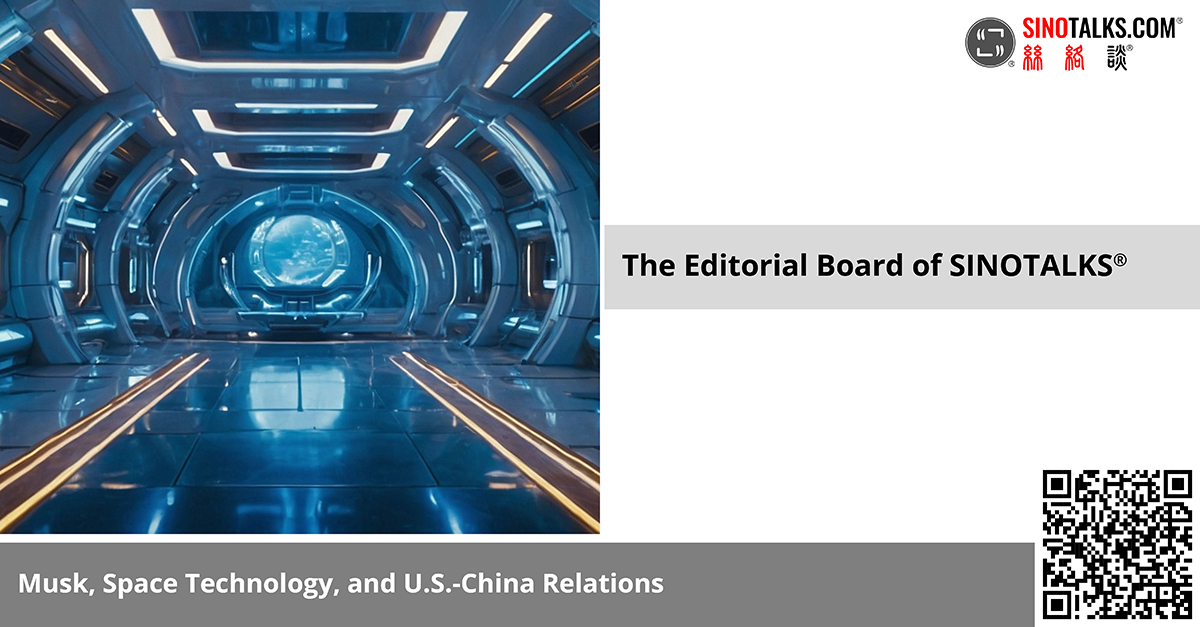
Immediately after China successfully retrieved lunar samples from the far side of the Moon, Dr. Gechlik encouraged China to invite scientists from different countries, including the United States, to study these samples. A few U.S. universities are now contributing their efforts to make such U.S.-China joint studies possible. Will this potential U.S.-China space collaboration open a door for Elon Musk to leverage his connections with Beijing and President-elect Donald Trump to create win-win opportunities for U.S. investment in China’s space-related industries? What types of space-related investments will likely survive rigorous regulatory reviews in China and the United States?
“The West’s formal or informal restrictions imposed on China and its talented scientists and engineers may in the end serve to fill Russia’s gaps […].”
These 2024 developments have already brought China closer to a few countries with which the West cannot find common ground. An example is Russia, which is now seeking to leverage China’s AI capacity to become a significant AI contributor by 2030. The West’s formal or informal restrictions imposed on China and its talented scientists and engineers may in the end serve to fill Russia’s gaps in its search for the best and brightest minds for AI and other industries. Thus, the West would do well to consider the impact of its policies on not only its relations with China but also the larger world and emerging developments in the “BRICS” and “technology” spaces.
- The citation of this article is: The Editorial Board of SINOTALKS®, End-of-2024 Review: China’s Preparations for Challenges from the West, SINOTALKS.COM®, SinoExpress™, Dec. 18, 2024, https://sinotalks.com/sinoexpress/china-challenges-west. ↩︎



